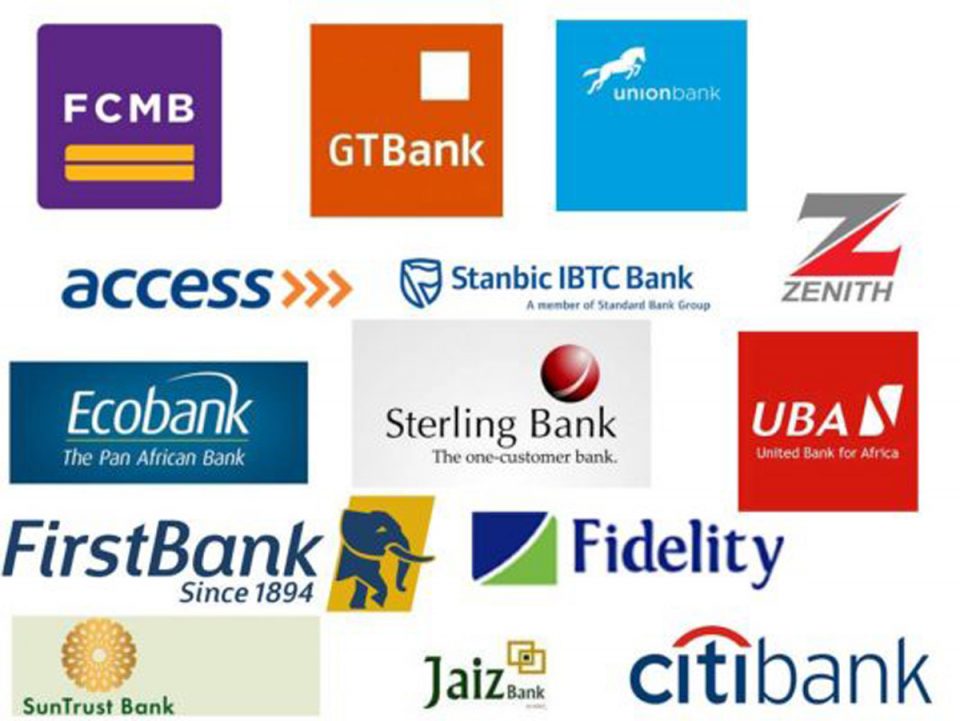From 2017 till the end of last year, Nigeria’s banking sector received a total of $15.83 billion in foreign capital, a telling reflection of the sector’s attraction to the international market.
The figure represents 23 per cent of the total capital importation into the country in the five-year period. The analysis is, however, based on sectoral disintegration, implying that the amount cuts across both portfolio and direct investments.
From data obtained from the National Bureau of Statistics (NBS), the country pooled $69.39 billion in both foreign portfolio and foreign direct investments (FDIs) in the period.
Besides shares, banking was the most favoured sector by foreign investors, having secured almost one-fourth of the country’s foreign capital inflow.
Foreign portfolio investment (FPI) is often considered as hot or fair-weathered money. Hence, it is considered a sustainable source of funding growth. Both FPI and FDI, however, are critical injections in determining the health of a country’s balance of payment position.
Within the five year period leading to December 2021, about $26.21 billion came into the country via shares category. In 2017 and 2018, the sector’s share of the total capital importation averaged 61.5 per cent.
The overwhelming weighted average decelerated to 22 per cent in 2019 and further down to 19 per cent in 2019. Last year, it was 16 per cent. Since 2020, more foreign investment flows into banking than shares or any other sector.
It was 32 to 22 per cent in favour of banks in 2019 and 39 to 19 in that order in 2020. Last year, the banking sector maintained dominance at 22 per cent as against equities 16 per cent.
From an estimated $3.11 billion in foreign capital inflows recorded in the first two quarters of the year (H1), banking accounted for N1.47 billion or 47 per cent, while only N301 million, amounting to 10 per cent went to equities.
In the last quarter (Q2), production and telecommunications also competed strongly with 15.24 and 10 per cent respective shares of the capital importation value. General financing held 12.85 per cent, while trading attracted 3.68 per cent, leaving all-important agriculture with 3.74 per cent of the chunk.
Of Q2 performance, NBS said: “The total value of capital importation into Nigeria stood at $1.535 billion from $875.62 million in the corresponding quarter of 2021, showing an increase of 75.34 per cent. When compared to the preceding quarter, capital importation decreased by 2.4 per cent from $1.573 billion. The largest amount of capital importation was received through portfolio investment, which accounted for 49.33 per cent ($757.32 million).
“This was followed by other investments with 41.09 per cent ($630.87 million) and FDI accounted for 9.58 per cent ($147.16 million) of total capital imported in Q2 2022. Disaggregated by sectors, capital importation into banking had the highest inflow of $646.36 million amounting to 42.1 of total capital imported in Q2 of 2022.”



